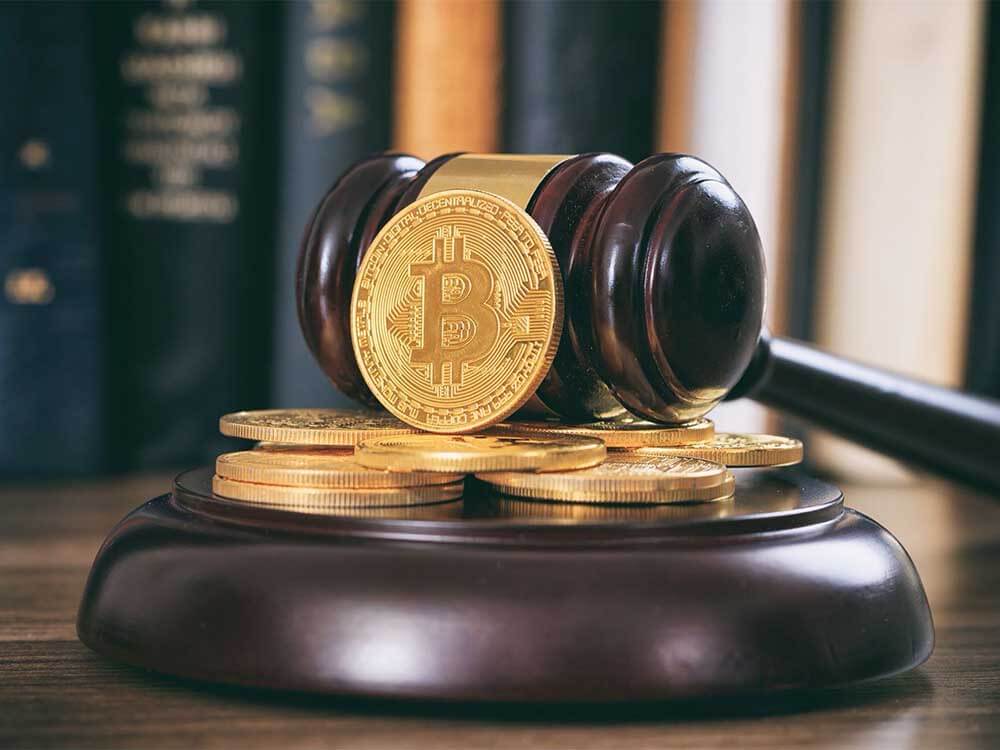Judge Lewis A. Kaplan, a Manhattan federal judge, will oversee the trial of Sam Bankman-Fried. SBF is presently facing several charges in connection with the collapse of FTX. It is alleged that Bankman-Fried likely utilized customer funds to engage in Ponzi-like behavior and purchase luxury items such as Bahamas-based condominiums for himself and fellow FTX employees.
Lewis Kaplan Will Decide SBF’s Fate
Kaplan was a second-choice judge. The first one – who is unnamed at the time of writing – excused herself from the case given that her husband was employed by a law firm that did work with FTX and Sam Bankman-Fried. Thus, to avoid conflicts of interest, another judge has been given the case.
Kaplan has a “no-nonsense” attitude according to platforms like The Guardian. First nominated to the bench in 1994 by then-president Bill Clinton, Kaplan is 78 years of age and will be presiding over a case this coming April between President Donald Trump and Elle magazine advice columnist E. Jean Carroll, who alleges that Trump assaulted her in either 1995 or 1996. Trump has denied the accusation.
Kaplan also presided over a sex abuse claims case involving two women against Prince Andrew of England. Kaplan has garnered a reputation over the years for being short-tempered and very quick with his decisions, which can be a strength or a weakness depending on the circumstances of a case. In the one involving SBF, for example, several high-ranking members of society – including several members of Congress and politicians – were involved with Sam Bankman-Fried and even accepted donations from his end of the table.
It will be in Kaplan’s interest to really observe all the facts and hear every point of both sides before deciding what is to come next. Given the size and the gravity of what happened, time will be necessary for understanding what really occurred and how such a large and proficient business could come crashing down so suddenly.
His purported tendency to become irritable with lawyers could wind up playing against him if he is not careful. In 1997, he presided over an immigration and asylum case that allegedly took too long. He snapped at the attorneys:
This is about as expedited as a glacier going uphill… The INS has in the three years I’ve been on the bench acquitted itself in disastrous fashion more than once, but this one takes the cake, and I’m not going to stand for it much longer.
A Long Legal History
In 2000, he ruled in favor of the entertainment industry and said that it had a right to protect all DVDs from being burned or copied on computers. He explained during that case:
Computer code is not purely expressive any more than the assassination of a political figure is purely a political statement.



